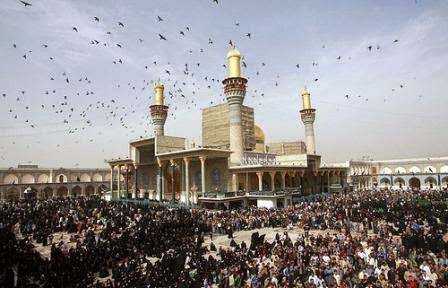President: Recep Tayyip Erdogan (2014)Prime Minister: Ahmet Davutoglu (2014)Land area: 297,591 sq mi (770,761 sq km); total area: 301,382 sq mi (780,580 sq km)Population (July 2014 est.): 81,619,392 (growth rate: 1.12%); birth rate: 16.86/1000; infant Mortality rate: 21.43/1000; life expectancy: 73.29Capital (2011 est.): Ankara, 4.194 millionLargest cities: Istanbul, 11.253 million; Izmir, 2.927 million; Bursa, 1.713 million; Adana, 1.468 million, Gaziantep 1.198 million.Monetary unit: Turkish lira (YTL)
Anatolia (Turkey in Asia) was occupied in about 1900 B.C. by the Indo-European Hittites and, after the Hittite empire's collapse in 1200 B.C. , by Phrygians and Lydians. The Persian Empire occupied the area in the 6th century B.C. , giving way to the Roman Empire, then later the Byzantine Empire. The Ottoman Turks first appeared in the early 13th century, subjugating Turkish and Mongol bands pressing against the eastern borders of Byzantium and making the Christian Balkan states their vassals.
They gradually spread through the Near East and Balkans, capturing Constantinople in 1453 and storming the gates of Vienna two centuries later. At its height, the Ottoman Empire stretched from the Persian Gulf to western Algeria. Lasting for 600 years, the Ottoman Empire was not only one of the most powerful empires in the history of the Mediterranean region, but it generated a great cultural outpouring of Islamic art, architecture, and literature.
After the reign of Sultan Süleyman I the Magnificent (1494–1566), the Ottoman Empire began to decline politically, administratively, and economically. By the 18th century, Russia was seeking to establish itself as the protector of Christians in Turkey's Balkan territories. Russian ambitions were checked by Britain and France in the Crimean War (1854–1856), but the Russo-Turkish War (1877–1878) gave Bulgaria virtual independence and Romania and Serbia liberation from their nominal allegiance to the sultan. Turkish weakness stimulated a revolt of young liberals known as the Young Turks in 1909. They forced Sultan Abdul Hamid to grant a constitution and install a liberal government. However, reforms were no barrier to further defeats in a war with Italy (1911–1912) and the Balkan Wars (1912–1913). Turkey sided with Germany in World War I, and, as a result, lost territory at the conclusion of the war.
Tags: Turkey, Turkey - The Wide Worlds Snaps, The Wide Worlds Snaps, Whole world pictures, Turkey country, Turkey country beautifull snaps,

















































.jpg)

.jpg)








